To mark Refugee Week, we spoke to four women whose parents came to Australia as refugees to find out how their family background shaped their life and their identity.
According to a report released by the UNHCR, the UN Refugee Agency, this week, one in 97 people worldwide is currently displaced. Last year Australia resettled or permanently protected 18, 750 people.
“Growing up, I wanted to be white so much”
Alyce Tran, 34, is the co-founder of The Daily Edited, a $30m luxury accessories brand. Her parents are from Vietnam
“I feel most proud of [my achievements] when I go to, say USA Nails, and the lady who does my nails knows who I am. She’ll say, ‘My daughter really looks up to you.’
I think it’s great that I’ve been able to impact someone who might have been in the same position as my family once was.
My parents are from Vietnam and they were processed into Australia in 1984. I was born in 1985.
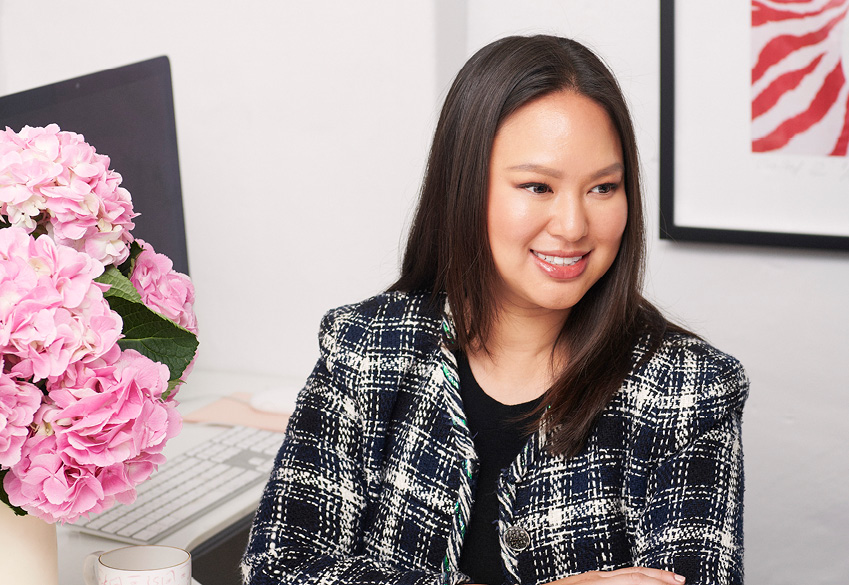
Growing up, my parents worked really hard, farming, and I went to a private school and had a beautiful childhood – I’ve got nothing to complain about.
But, when I was younger I felt so ashamed to be Asian. I wanted to be white so much. I just wanted to be blonde. I was so embarrassed to be different to everyone else that I anglicised myself so much.
As a result, Vietnamese culture doesn’t play a large role in my life, which is a shame. I guess I’m still grappling with that – with how much being Asian is part of my identity.
My mum’s an amazing woman. I’ve pieced together [the story of their flight from Vietnam] over time because it upsets her to talk about it. I know it was very difficult for my parents in Vietnam and that they tried to leave a few times but got caught. Mum was actually put into prison for a period of time. When they left Vietnam, my grandpa made my mum – who was 18 years old – take her two little brothers, one of whom was 11, with her. They got on a boat to Hong Kong, with like, a compass and a map and, you know, stories of how people have done it before.
Now, mum’s life is really my sister [Caroline, a fashion editor] and I.
Everything she has done she says she has done it for us. My success is 100 per cent related to my family’s refugee background because we had no option not to be successful.
Everyone else [in Australia] has been here for a period of time and they have a safety net, whereas I do worry about my future. As a result, the way that I work and the way that I’m involved in my business is different to my peers. I know that it takes generations to build that safety net and I accept that, and I take that on so that my sister and I can build a future for our children.”
“My Parents Built A Life From Nothing”
Mariam Yousif, 20, was born in Australia and is studying medicine at university. Her parents fled Iraq as refugees in 1995.
“Growing up as the daughter of refugees, I feel as though I see world from two different beliefs and ways of living. Although I’m Australian, my parents’ background has made me very deeply connected to my culture.
My parents fled Iraq in 1995, as it was becoming very dangerous. They would hear gunshots coming from the city, and see soldiers walking around, and agreed that it wasn’t a safe place to raise a family.
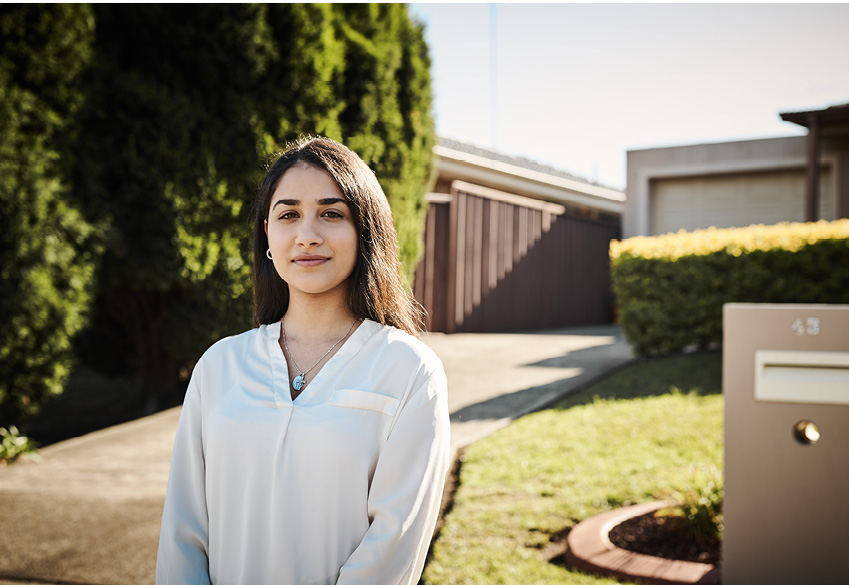
They fled to Jordan with my older brother, who was four, and paid a people smuggler to take them from Turkey to Greece [by boat]. But after they disembarked, the Greek police found them and they were held in detention for 40 days before being returned to Turkey.
A few months later they paid another people smuggler and made their way to Greece. They couldn’t really swim, and Mum said she was terrified, and prayed the whole boat ride over. They lived in Athens for two years until they were successfully accepted as refugees in Australia.
I feel really lucky. I’ve had lots of opportunities. I’ve grown up in a really diverse area in Sydney – I have a mix of European friends and Middle Eastern friends. I’ve received a good education. For [Iraqis like] us, education is a really big thing and a lot of people in my culture are very strict about wanting their children to go to university. I’m studying a Bachelor of Science, and I’m going to apply for a Masters in Pharmacy.
My brother had a slightly harder time. When my family arrived on the beach [in Greece] he said something really heartbreaking to mum, ‘Why don’t we have a home?’ and when he arrived in Australia he was seven and didn’t speak English very well. That made him really prone to being bullied.
Because of my parents’ experience, I have a profound respect for other refugees. They built a life from nothing. It’s made them [appreciate] what they have in their hands rather than focusing on what they don’t have.
Both my parents work for Settlement Services International, which helps newly arrived migrants and refugees start a new life in Australia. To me, it’s quite inspiring because they’re helping people who were just like they were 22 years ago. It was difficult for my parents, but their journey made them strong and resilient.”
“I saw the effort and tenacity involved in making a life”
Writer and curator Anna Zagala, 46, lives in Adelaide with her husband and two children
Sometimes my mum would say to me, ‘I just want you to be happy,’ but I knew that was sort-of a lie. Her preference was for me to be successful, and if I were happy that would be a bonus.
My mother and father fled Poland with my three siblings and I in 1980, as the repressive communist regime became unbearable and their friends started to get arrested for political activism. My twin sister Maria and I were five years old when we arrived in Melbourne, and my parents immediately started looking for work. Mum had trained as a social worker and Dad, an economist, secured a job with Fujitsu. Mum has an abject horror of vulnerability – economic, social – born out of her experiences as a child in post-war Poland, which is why she places so much emphasis on success.
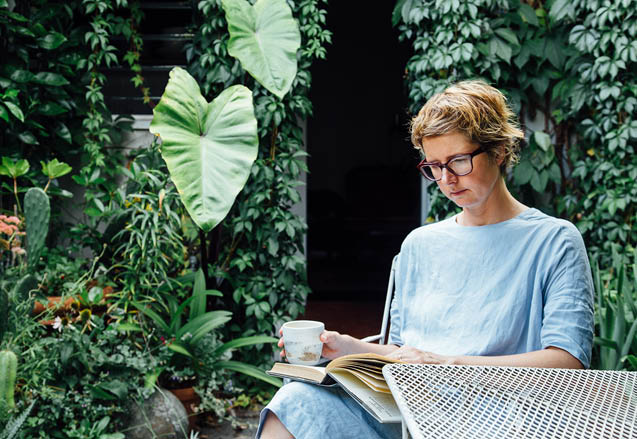
Mum and Dad worked long hours. We’d eat breakfast at 6.30 and then maybe our next-door neighbour or my parents would drop us at school. We were always there an hour before it started and I remember that feeling of being on the monkey bars at a totally deserted school… After school, we’d go to the public library across the road and stay there until it closed. You know, it just felt like there wasn’t very much time for us. I made a decision to work part-time when my children were small.
But I think it also helped me develop empathy, because I saw the effort and tenacity involved in making a life. As I’ve got older, I appreciate how little support they had. There was no extended family, no one to call or borrow $50 from. You had to make your own life, and that’s not a very soft way to live.
In our family, there was also a real investment in education; I have three degrees and that’s the way I accepted their values.
I rebelled against my parents by finding an Aussie, suburban, Pentecostal Christian-raised husband, which was challenging for my family. I think a more urbane Anglo-establishment guy would have been more their scene.
My husband adores my parents. And they’re good seeds, kind and generous, even if they’re fierce. I find them inspiring.
Want more stories like this? Sign up to PRIMER’s weekly newsletter here.




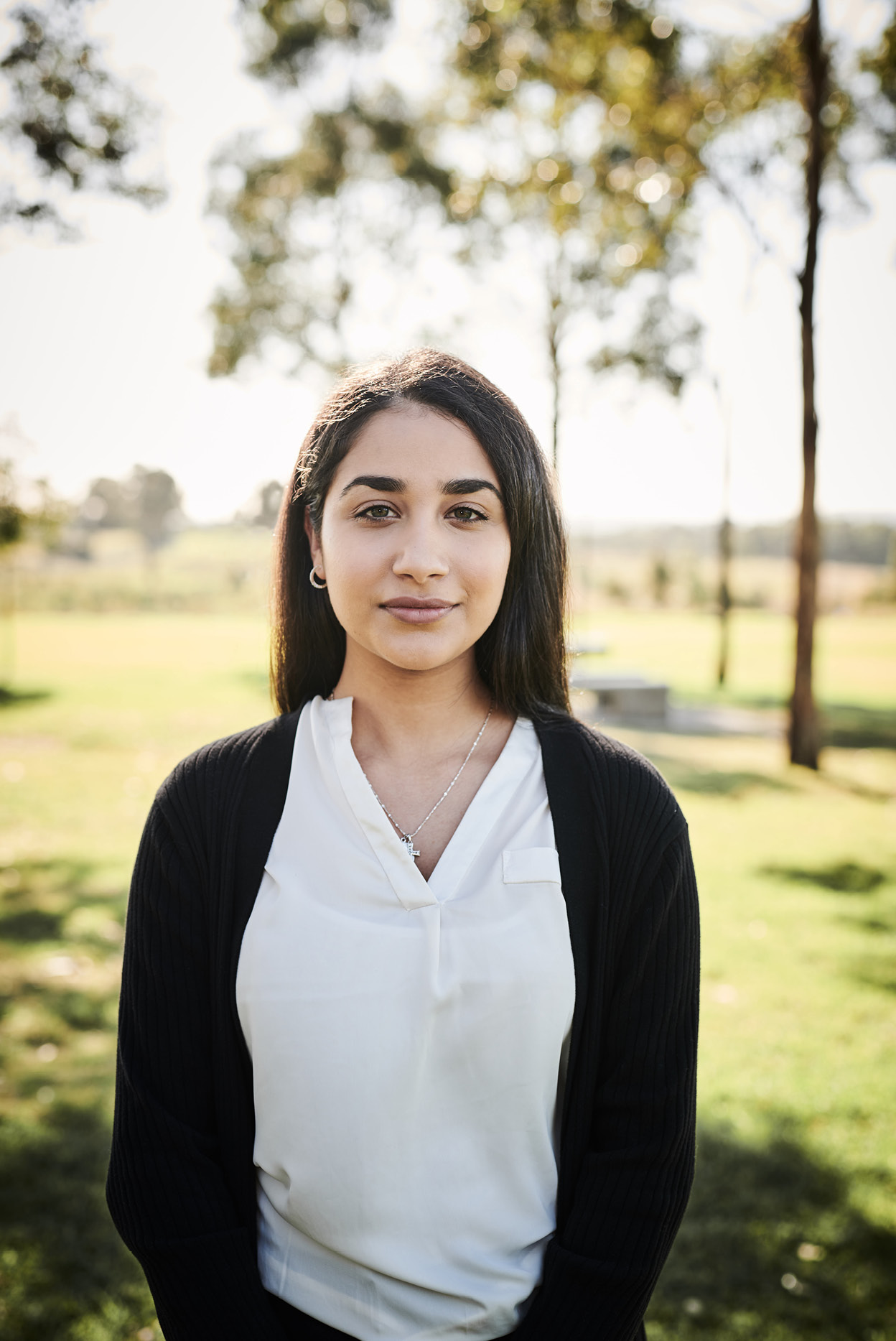



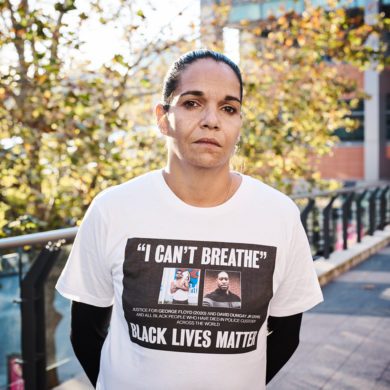
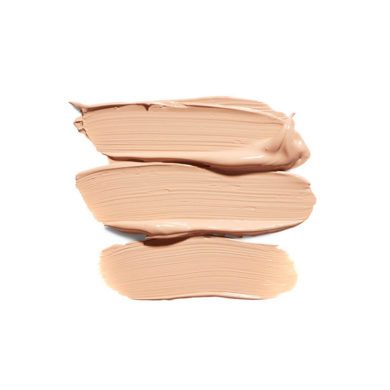
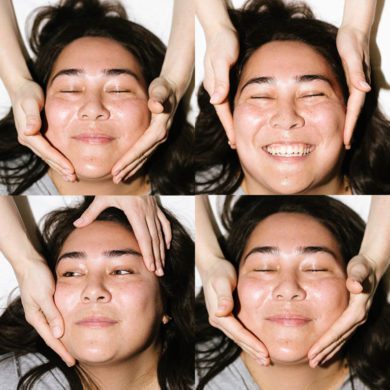
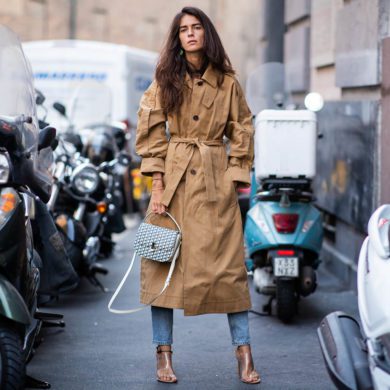
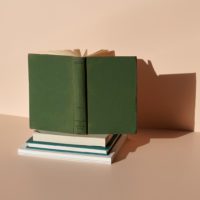

No Comments